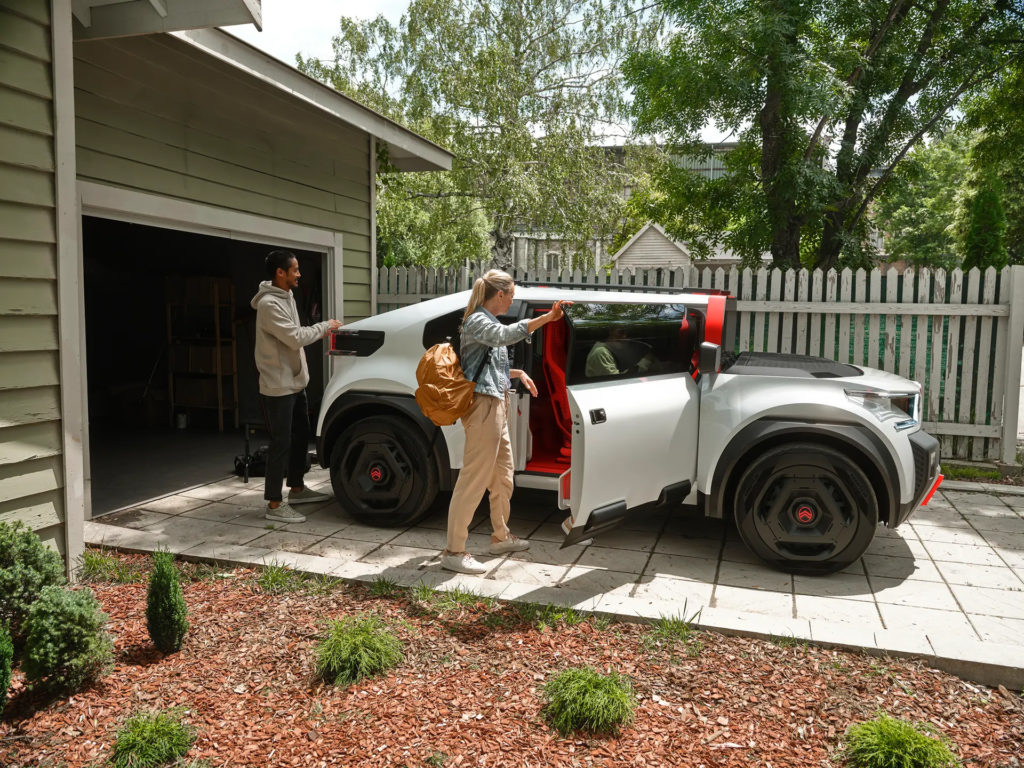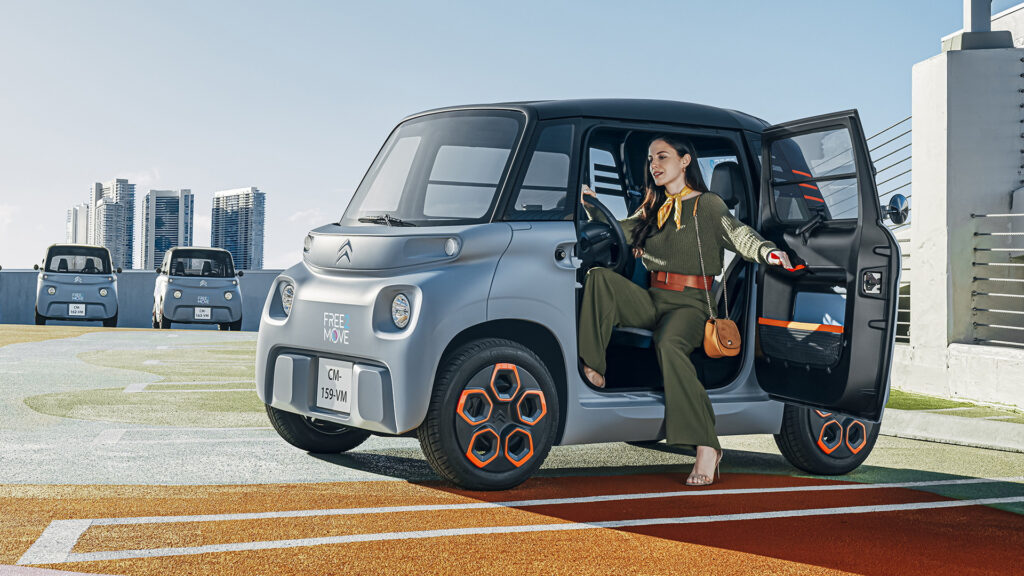In recent comments made earlier this month to AutoExpress Citroën CEO Vincent Cobée thinks the proliferation of EVs will mean that SUVs won’t be long for this world. To quote him; “The world of SUVs is done.”
While he admits that there really aren’t any numbers backing up his feeling, and with SUVs and crossovers being popular in the the US while also accounting for 50 percent of new vehicle sales in Europe, smaller sized vehicles in EV form will be the predominant choice in the future.
“On a battery EV, if your aerodnaymics are wrong, the penalty in terms of range is massive. You can lose 50 kilometres between good and bad aero, and between an SUV and a sedan you’re talking 60/70/80 kilometres very easily” said Cobeé. “In the 1970s, a car was weighing 700kg. Today an average car is weighing 1300kg. Tomorrow an average car will weigh two tonnes. So we’re using three times more resources to deliver the same service, just to be ‘green’.”
“People will start limiting weight and battery sizes, either through tax, through incentives, through regulation, through naming and shaming. If you live in a big city, five years ago if you drop off your kids with a big SUV you’re a man,” he said. “Now, if you do this, you’re a ‘terrorist’”. Quite a provoking and polarizing comment.
As a logical counter measure he pointed to the recent phenomenon of “sedans being called SUVs just because they’re a bit higher.”
Cobeé likened buying a car whose large battery is only occasionally utilized to taking a giant backpack intended for a multi-day hike to the office. “Do you go to the office with that backpack? The answer is no. So why would you go to the office with a car with one tonne of battery?” Instead there should be a greater emphasis of a better charging experience on the move, he said, something Citroën is intending to make easier via route-planning tools and as an interim measure, along with short-term loans of internal combustion engine cars for its EV customers needing to travel longer distances. Citroën has started offering the latter service in France, with plans to expand to other markets.
Citroën’s approach with smaller batteries is different from most other manufacturers with EVs offerings. The recently introduced Oli Concept and the Ami 100% electric are two examples of their small power philosophy. The Old Concept weighs just 2,200 pounds and can get 6.4 miles per Kw/hr, far more than any car on the road today.
Cobée doesn’t deny there’s a risk in moving away from the kinds of cars customers are wanting now, but suggests it could be a bigger problem by failing to change tactics early. “If we stick to ‘SUV boxes’ until 2030 and discover there’s no customer, it’s going to be a hard landing… you don’t want to be the last one to leave the dancefloor.”
And of course, Cobée’s perspective lacks the trend in the US for what appears to be increasingly larger SUVs for factors such as:
- Safety – people think SUV’s are safer because they have more mass and many of them have 4WD or AWD which helps in low traction situations.
- Visibility. With all kinds of large vehicles on the road these days, more so than ever before, people are clamouring for visibility. So they get taller vehicles.
- Ease of entry. With an aging and overweight population, people are having more and more difficulty entering and exiting their vehicles.
- Extra space and utility – people have more junk than ever and need space to store and transport it.
Battery technology totally is at the equivalent of pre-war gas engines. Yes, current batteries are heavy and vehicle aerodynamics are really important to get every last mile but battery manufacturers are anticipating quadrupling the energy density per kg of battery in the next ten years. When you’re looking at 1,200 miles for a small car or 800 miles for a large SUV on a single charge, suddenly range doesn’t matter a whole lot.
And why should Cobée care about SUVs? Citroën is not selling to the USA and it is no longer the most important auto market. India is a newly targeted market for Citroen and the new e-C3 just introduced there is going on sale for about 10 lakh, which us around $12,000 in U.S. dollars. Getting vehicles like the e-C3 into India and other world markets that want EVs and aren’t obsessed with size is where Citroën can be have the most success.




